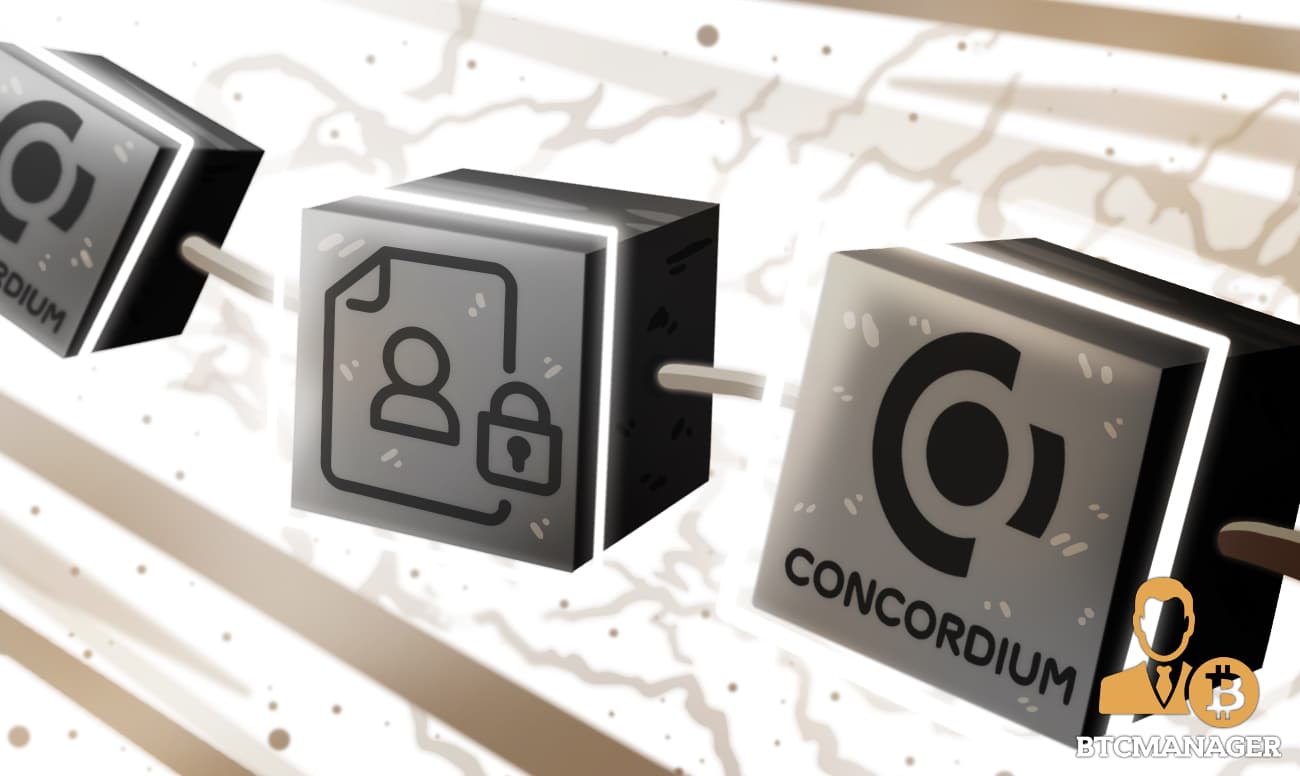Third Concordium Testnet and Digital Identities are Proving to Be a Hit

Concordium, a new public enterprise blockchain platform offering identity and privacy features, has launched the third version of its testnet earlier this month. The project is offering incentives to users and developers who sign up to help put the platform through its paces ahead of a mainnet launch early next year. So far, the testnet is attracting significant interest, with over 16,000 views of Concordium’s Github repository and over 600 nodes in operation.
Concordium offers substantial promise to reshape the enterprise blockchain landscape. The project was founded in 2018 by Lars Seier Christensen, founder and former CEO of Saxo Bank. It has since assembled a stellar team, including former Maersk executive and Volvo vice chairman Lone Fønss Schrøder and world-leading cryptography researcher, Professor Ivan Damgård. With such a strong pedigree in business and blockchain technology, the team has been working to deliver a platform that solves many of the issues enterprises face when using legacy public blockchains such as Ethereum.
Balancing Privacy and Identity
One of the most critical issues for enterprise adoption is achieving the optimal trade-off between privacy and the legal need to identify users. The third version of the Concordium testnet launches the platform’s anonymity revocation and ID management tools. From the first day of the launch, over 1,200 entities signed up and underwent a mandatory KYC process with an identity service provider that’s necessary to create a user account on Concordium.
The platform uses zero-knowledge proofs to attain complete transaction privacy. However, should any relevant authority issue a legally binding request to identify a party to a transaction, Concordium’s anonymity revocation process kicks in. This allows the authority to identify the party using their KYC data, but in a way that maintains the user’s privacy for other users on the network.
In the first two hours after Concordium launched its third testnet, the repository was forked once every minute on average, demonstrating that it’s likely to be in hot demand once the mainnet launches.
Concordium is also offering incentives to participants in the testnet. Users and developers can compete for a share of 10 million of the platform’s native GTU tokens by undertaking various testing activities, including account creation, running a node, and attempting to cheat the system with invalid ID documents.
Enterprise Blockchains “Highly Centralized”
It seems that Concordium’s entry into the market is timely. In August, the University of Cambridge Judge Business School published its 2nd Global Enterprise Blockchain Benchmarking Study. The paper shows that over 80% of enterprise blockchain networks are highly centralized, and 77% “have little in common with multi-party consensus systems apart from incorporating some of the same technology components.”
Such systems, which include platforms such as Hyperledger, miss many of the benefits of a decentralized public blockchain infrastructure. Furthermore, the Cambridge study found that the lead time for developing these systems is over two years. The overarching themes of the paper correlate with the somewhat lackluster take-up of enterprise blockchain over recent years, after it was subject to a great deal of initial hype between 2016 and 2018.
It will be fascinating to see if the entry of enterprise-grade public blockchain architecture to the market re-stimulates business interest in adopting the technology over the coming years.
















